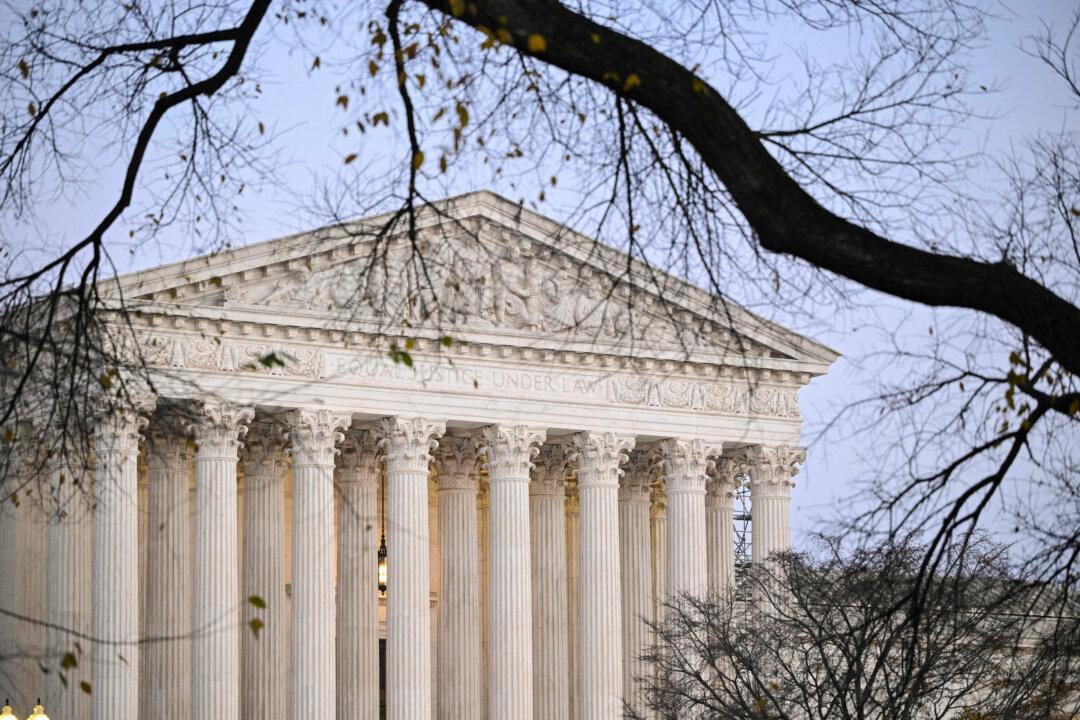The Supreme Court ruled 6–3 against a man convicted of felony distribution of methamphetamine, a ruling that seems likely to frustrate the efforts of many federal prison inmates who seek to reduce their sentences under the Trump-era First Step Act.
The issue in the case was whether Mark Pulsifer had to receive a mandatory 15-year prison term or could avail himself of a so-called safety valve provision in the statute that would allow him a chance at receiving a lighter sentence.





